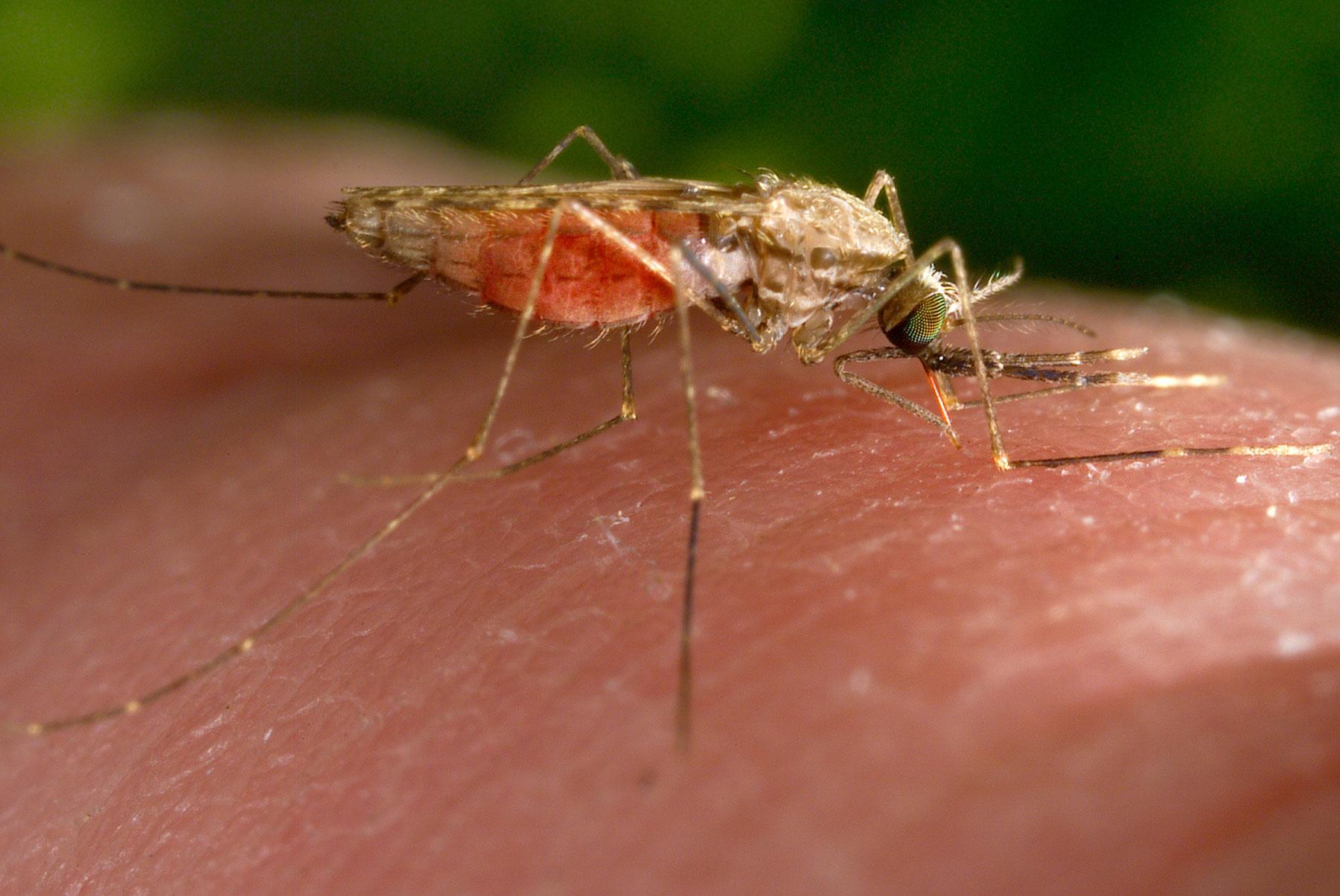Scientists, led by Dr Jaroslaw Krzywinski, Head of the Vector Molecular Biology group at The Pirbright Institute, have isolated a gene which determines maleness in the species of mosquito responsible for transmitting malaria.
Nearly half the world’s population is at risk of malaria; last year there were 214 million cases and almost half a million people died, with most cases in sub-Saharan Africa. In this region the disease is spread mainly by the female Anopheles gambiae and Anopheles arabiensis species of mosquito. Insecticides are currently used to control mosquitoes, but insects are quickly becoming resistant to these chemicals, so different methods are needed for their control.
The research, published in the journal Science, describes how Dr Krzywinski and his team have identified and characterised the Yob gene, which is responsible for regulating the sex of the African malaria mosquito, Anopheles gambiae, and determines maleness. The identification of this gene could pave the way for a new solution in genetic strategies for mosquito control.
The way in which sex is determined in insects is highly variable, making it difficult to identify the genes that play key roles in the process. Similar to humans, many insects have a pair of sex chromosomes, with females carrying identical XX chromosomes and males XY chromosomes. In this study, scientists have managed to identify Yob on the Y chromosome as the dominant male-determining gene, making it only the second known gene of this kind to be molecularly identified in insects.
Dr Kryzwinski believes this discovery could provide a new strategy for mosquito control. “Genetic strategies, such as those successfully used to control agricultural pests, have great potential, and so our research may have far-reaching implications for the control of malaria”, he said.
The key application of the Yob gene discovery is its effect on female development. When Yob transcripts (genetic messages) were injected into early embryos, females were killed before they hatched from eggs, but male development was left unaffected. Conversely when Yob was silenced in early embryos, the males were killed.
Current genetic controls require releases of male mosquitoes only, which creates a huge obstacle for malaria spreading mosquitoes as there has previously been no way to distinguish the sexes. “Now, the female-killing property of Yob gives us an invaluable tool for the engineering of male-only Anopheles strains suitable for malaria control in the future”, said Dr Krzywinski.
*Image by James Gathany courtesy of Public Health Image Library (PHIL)
